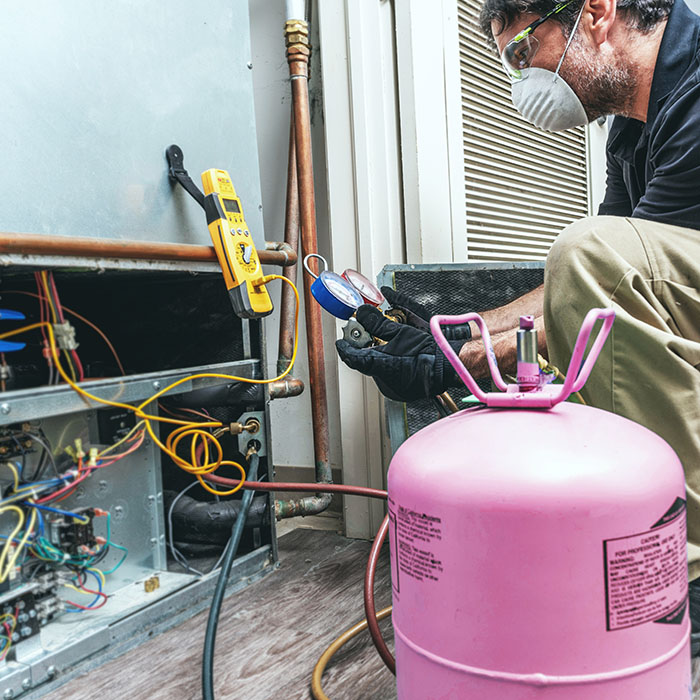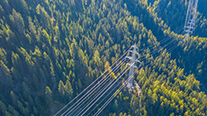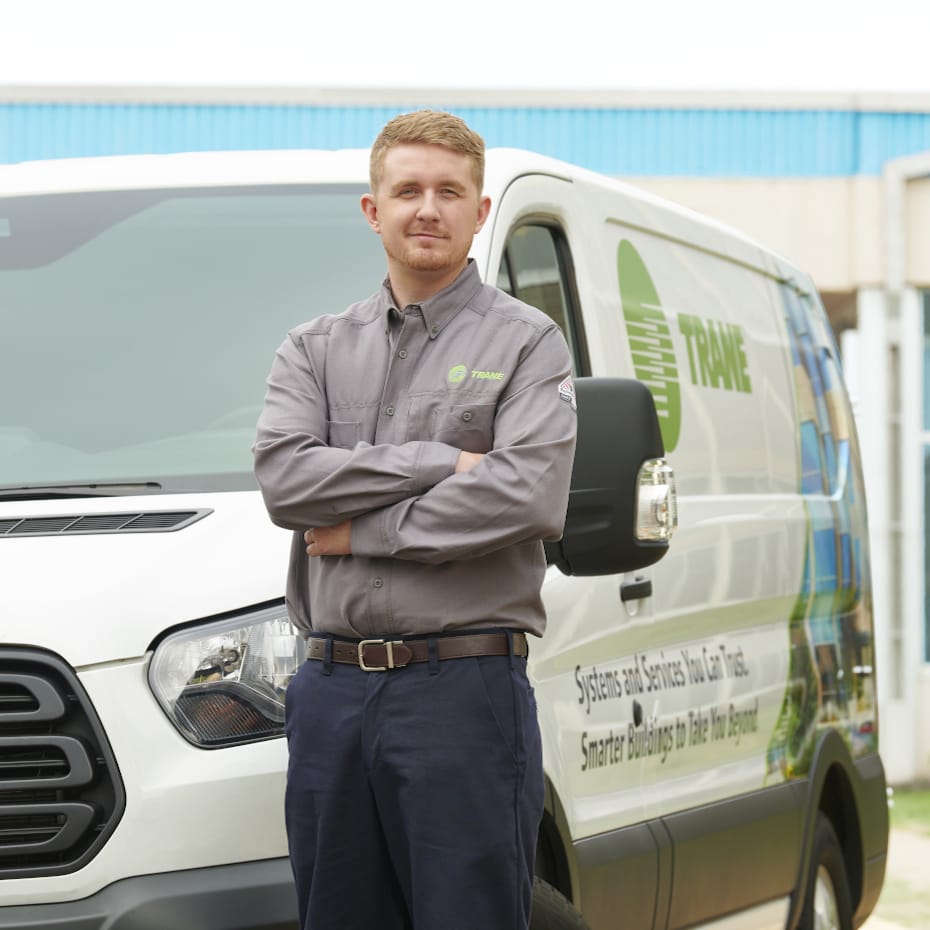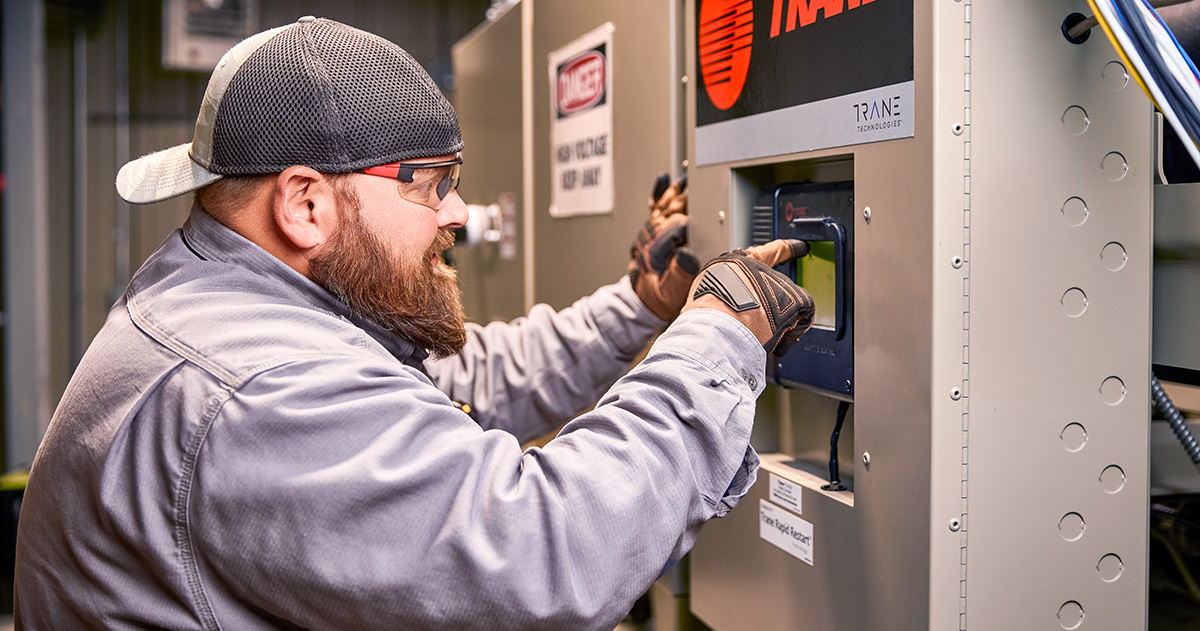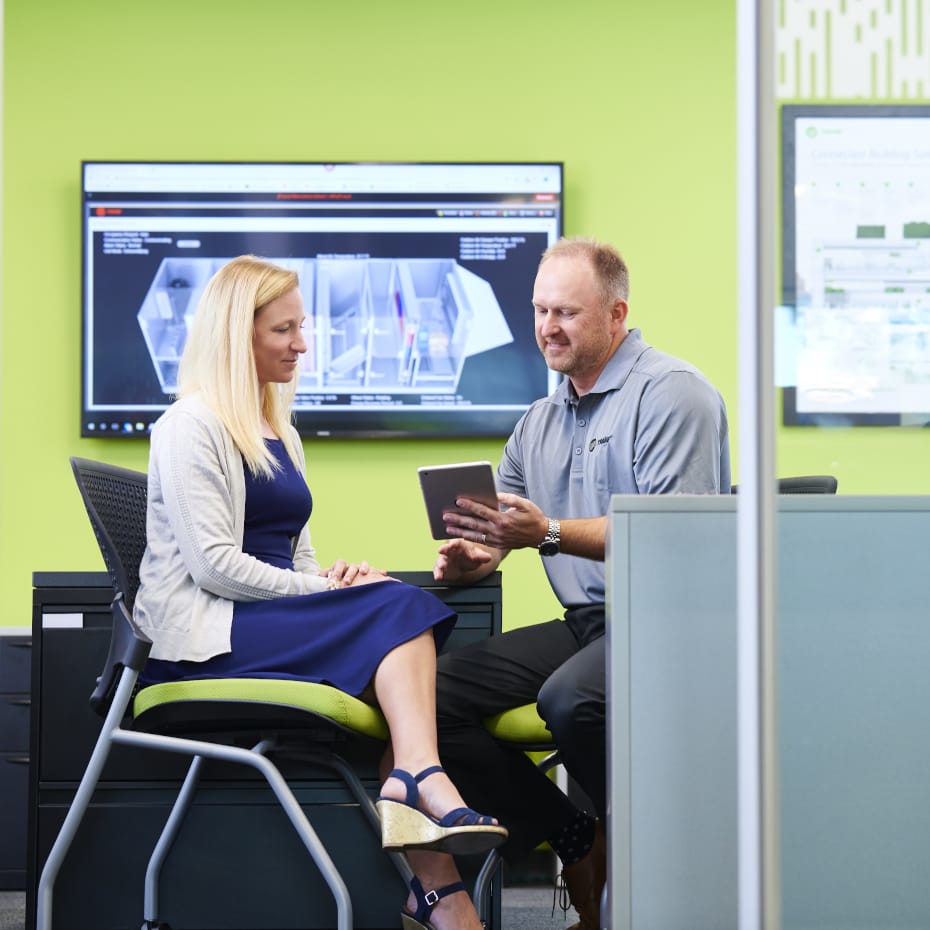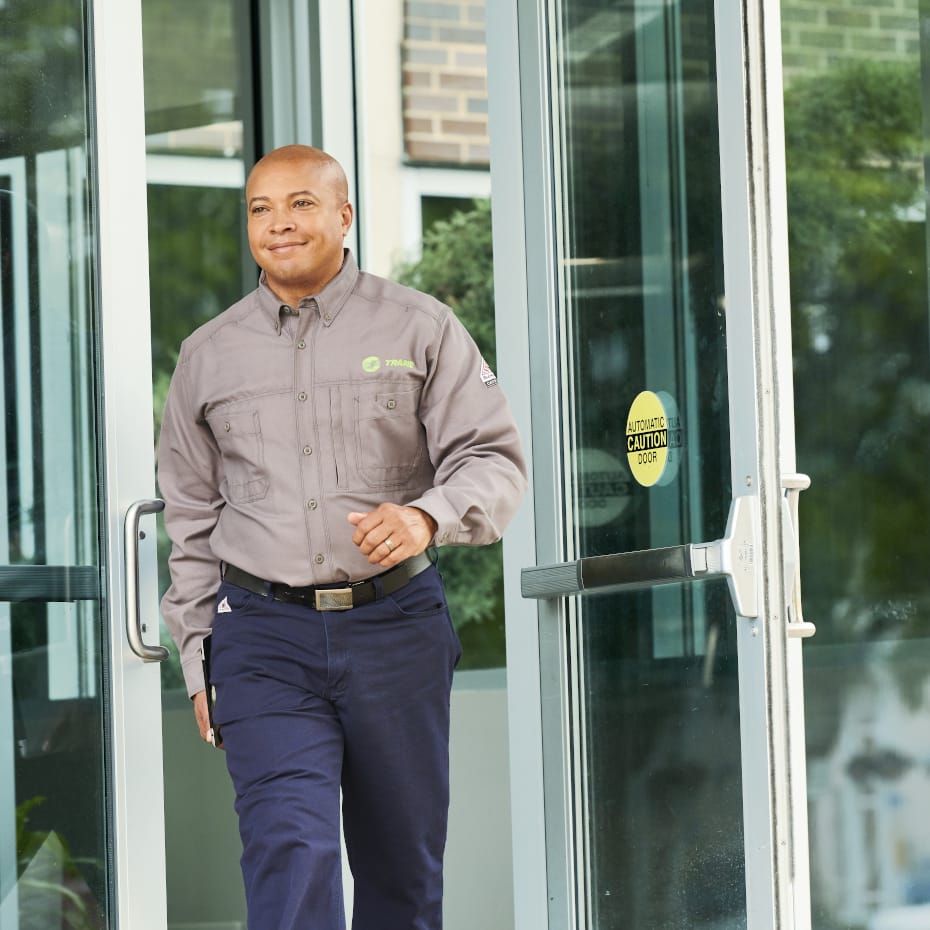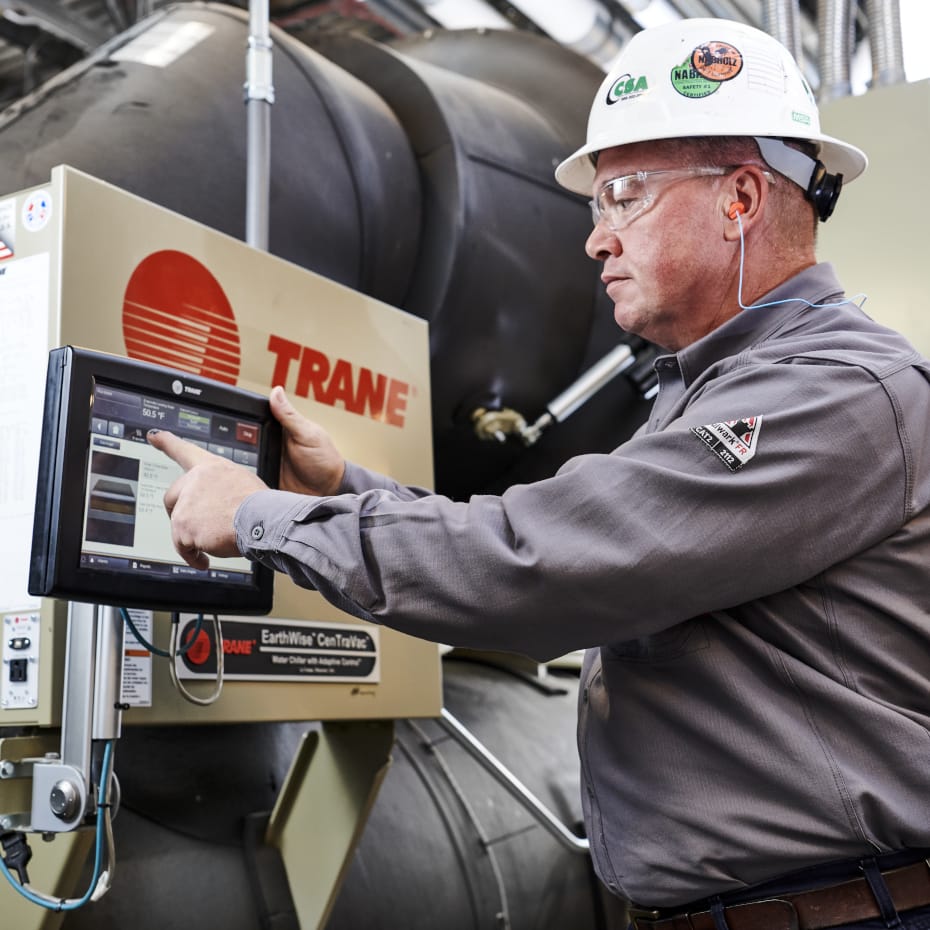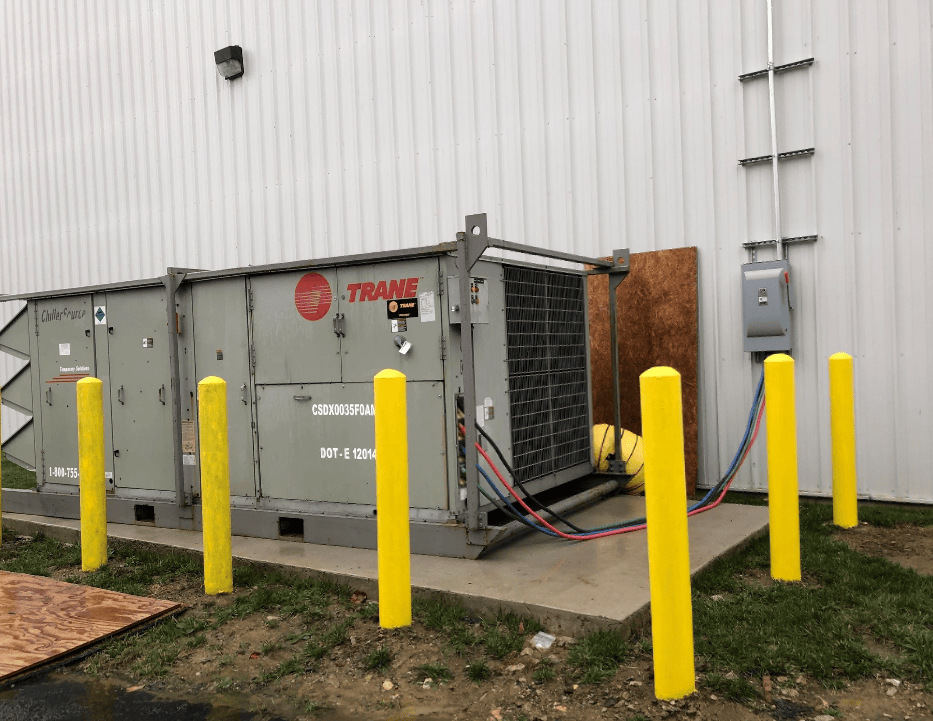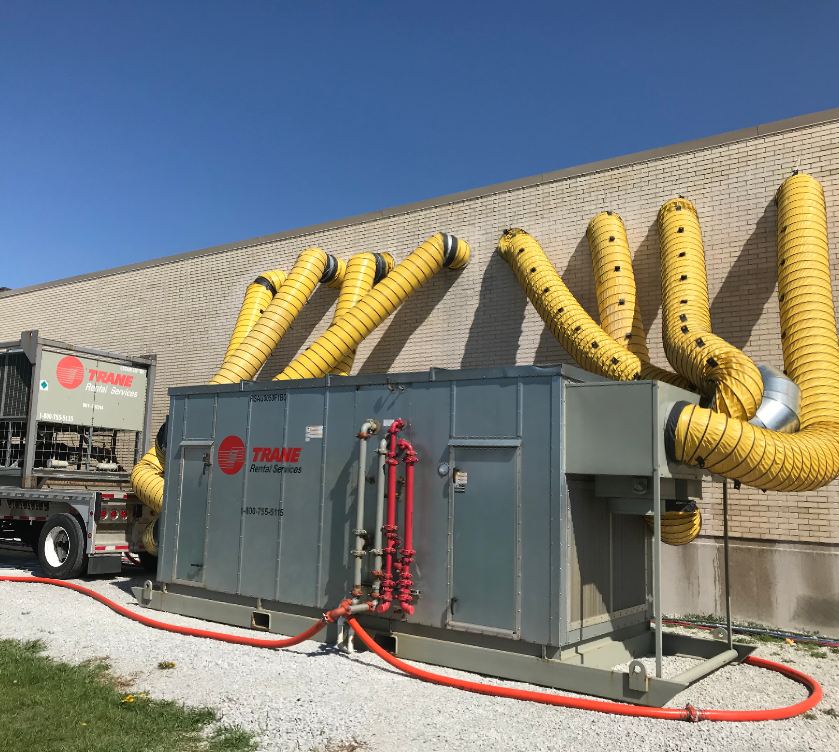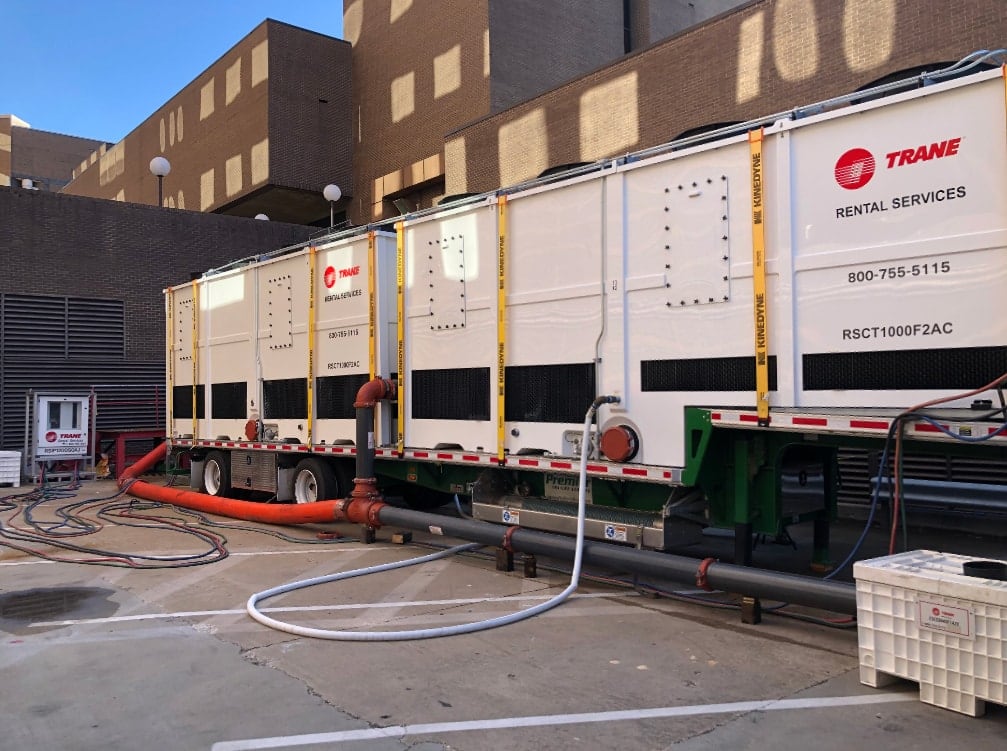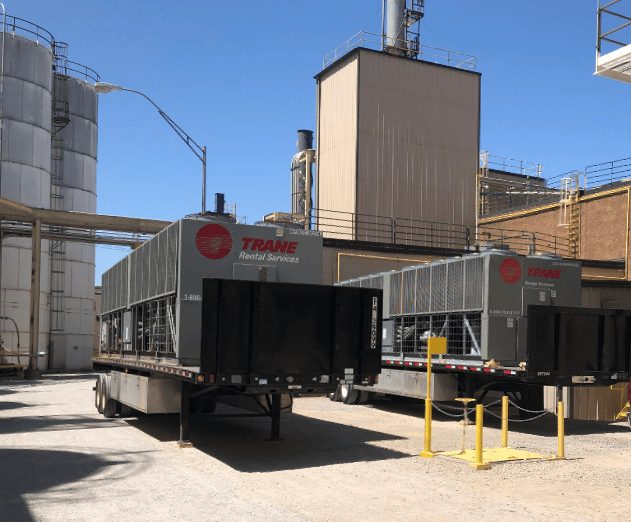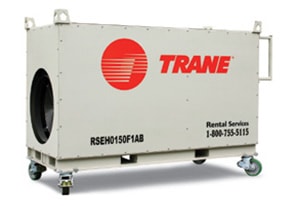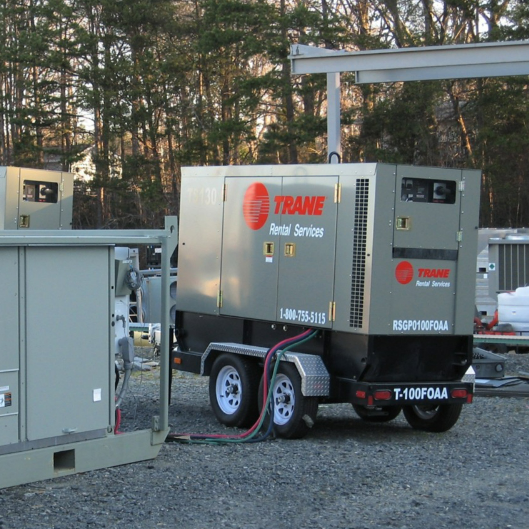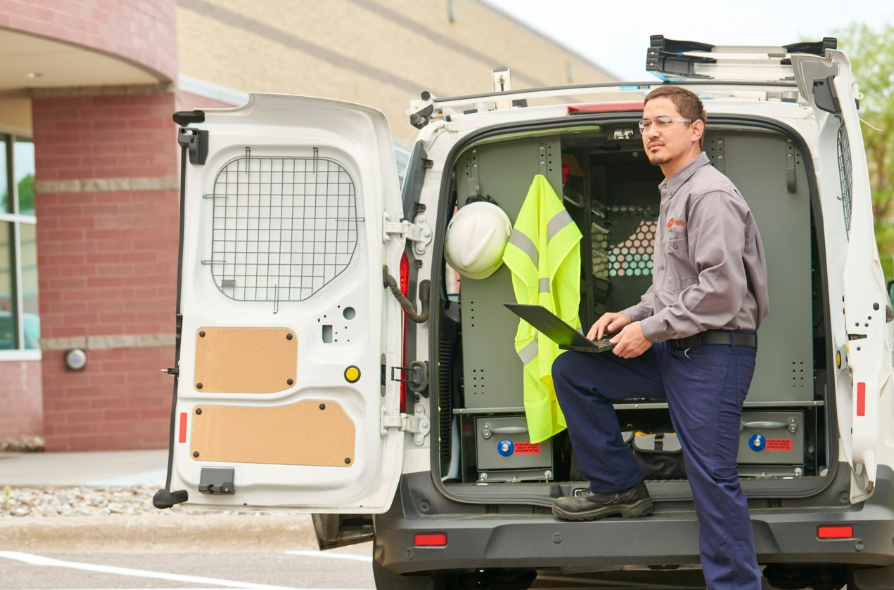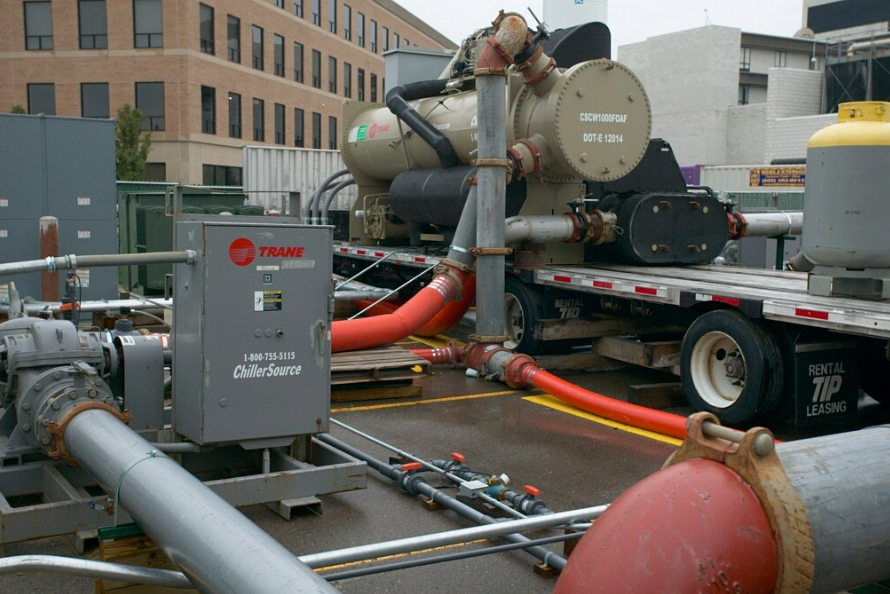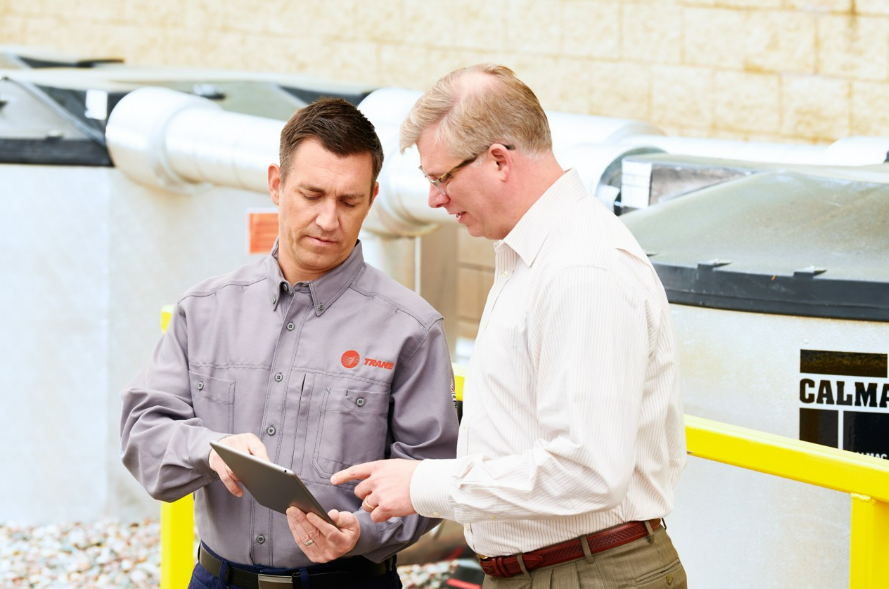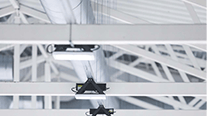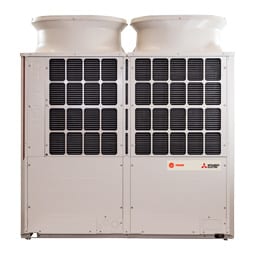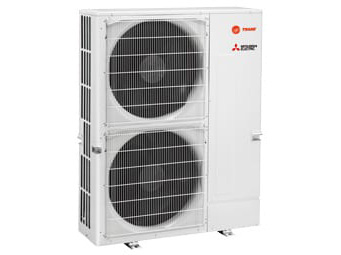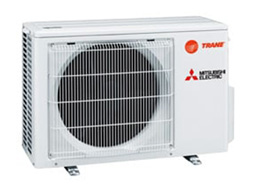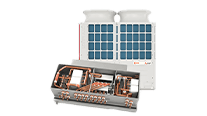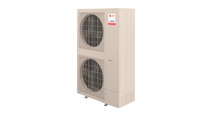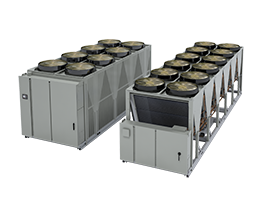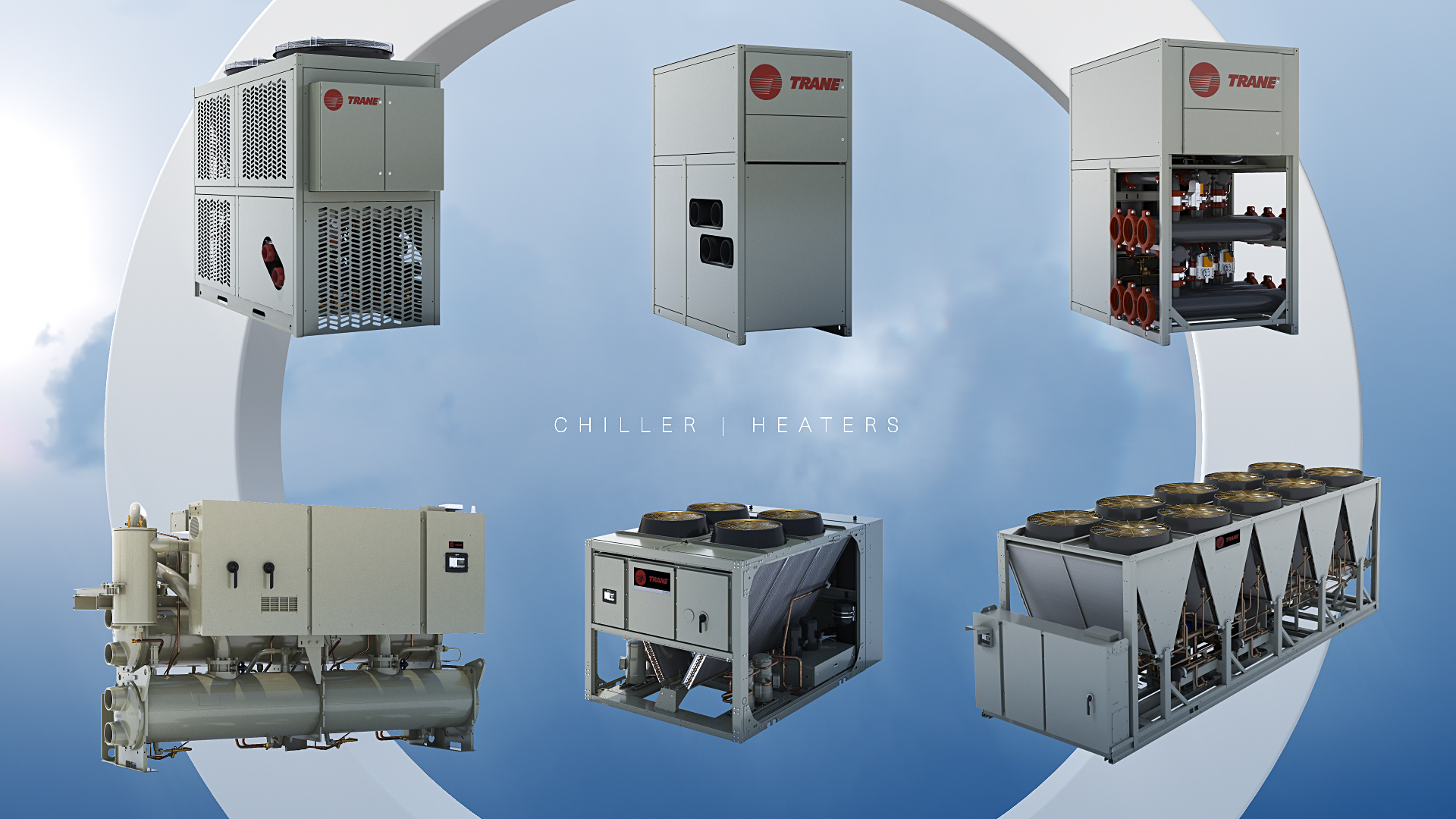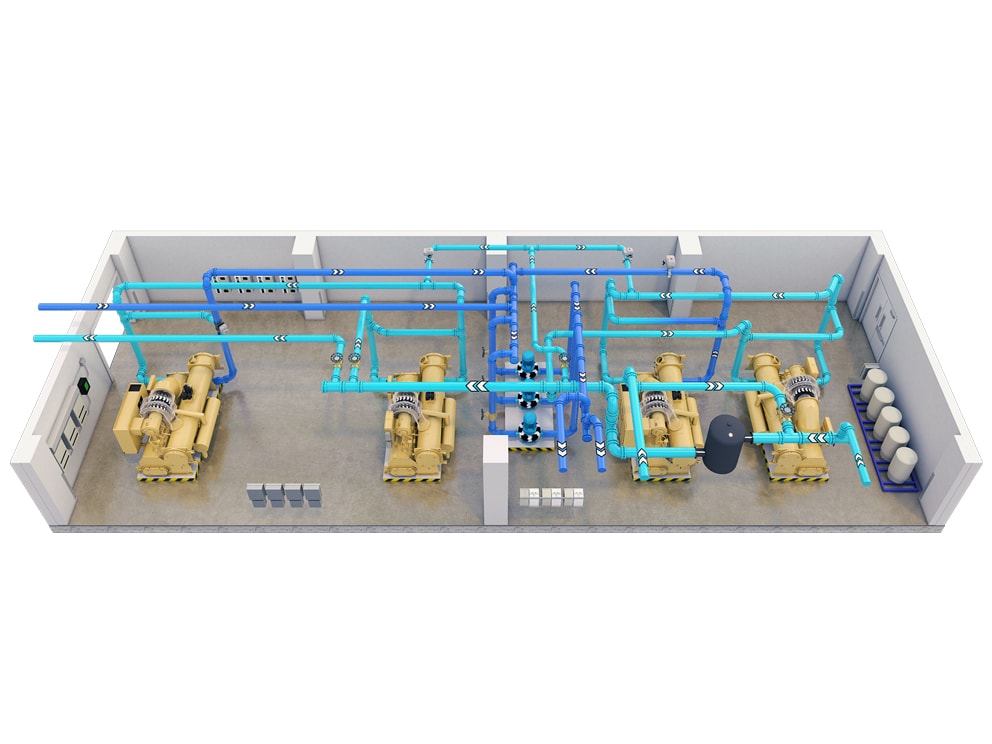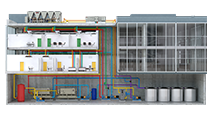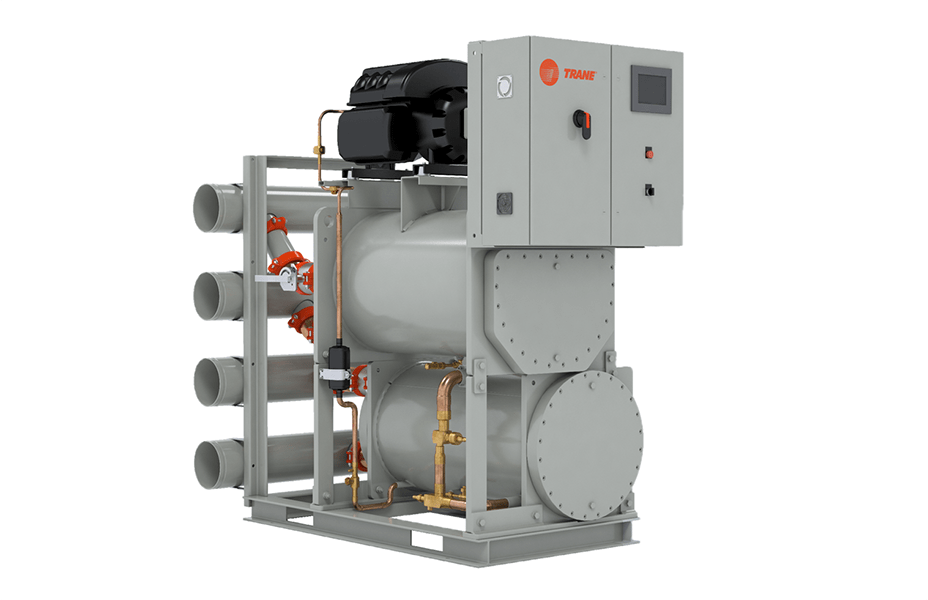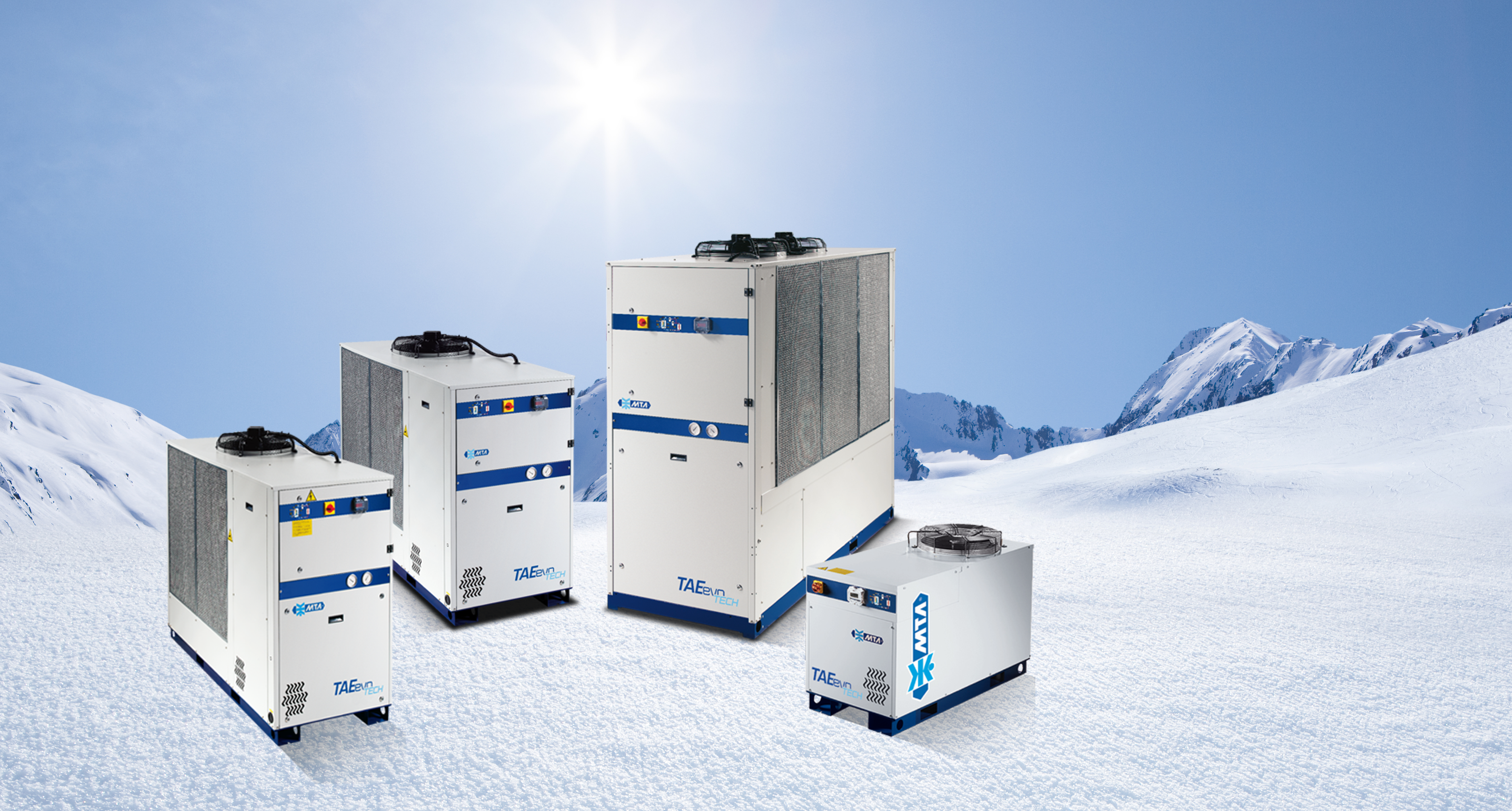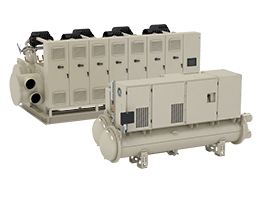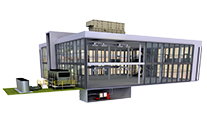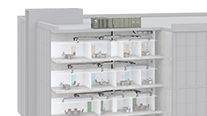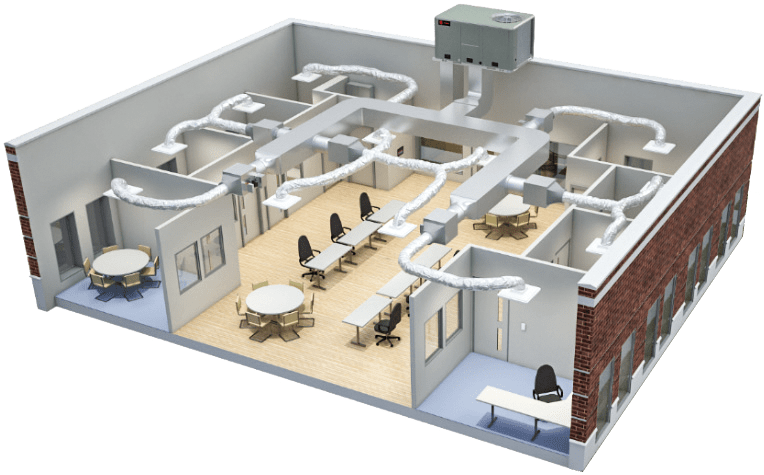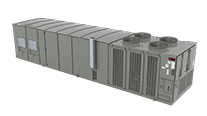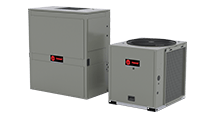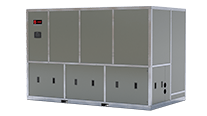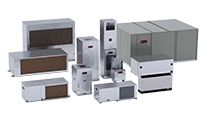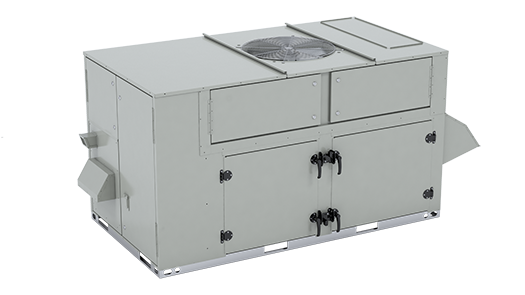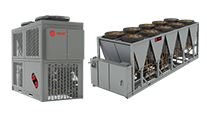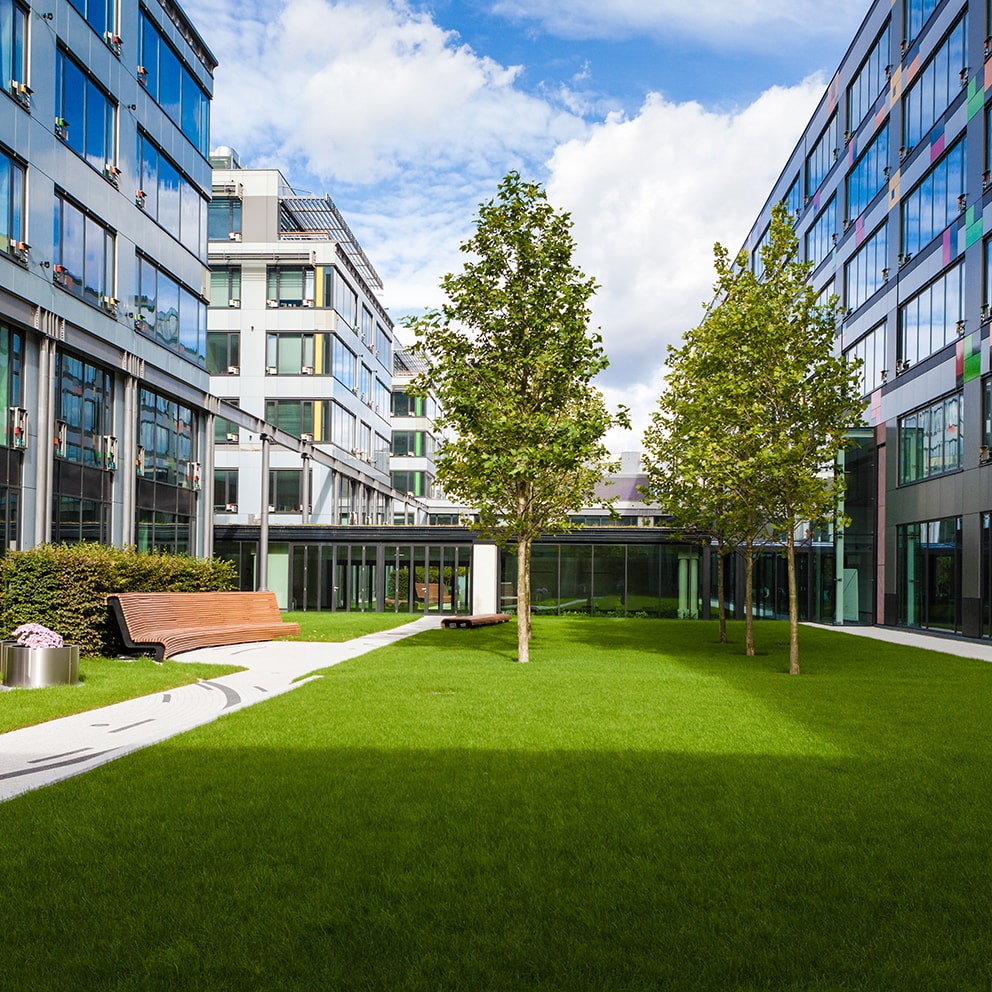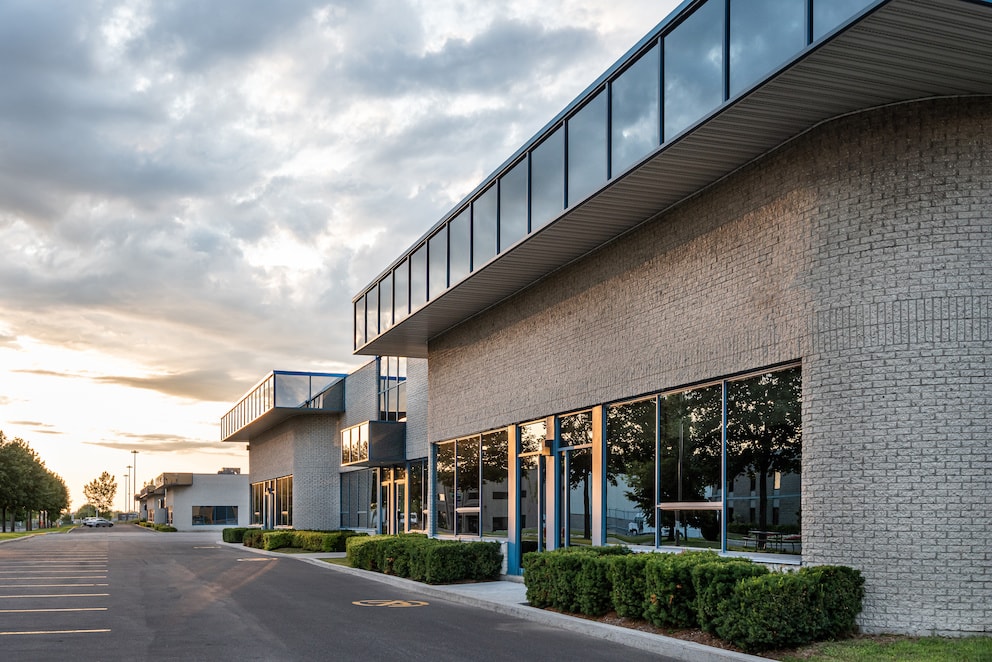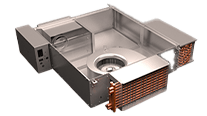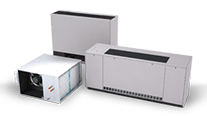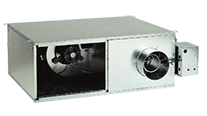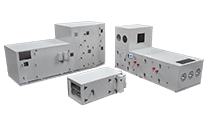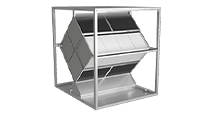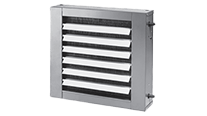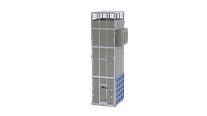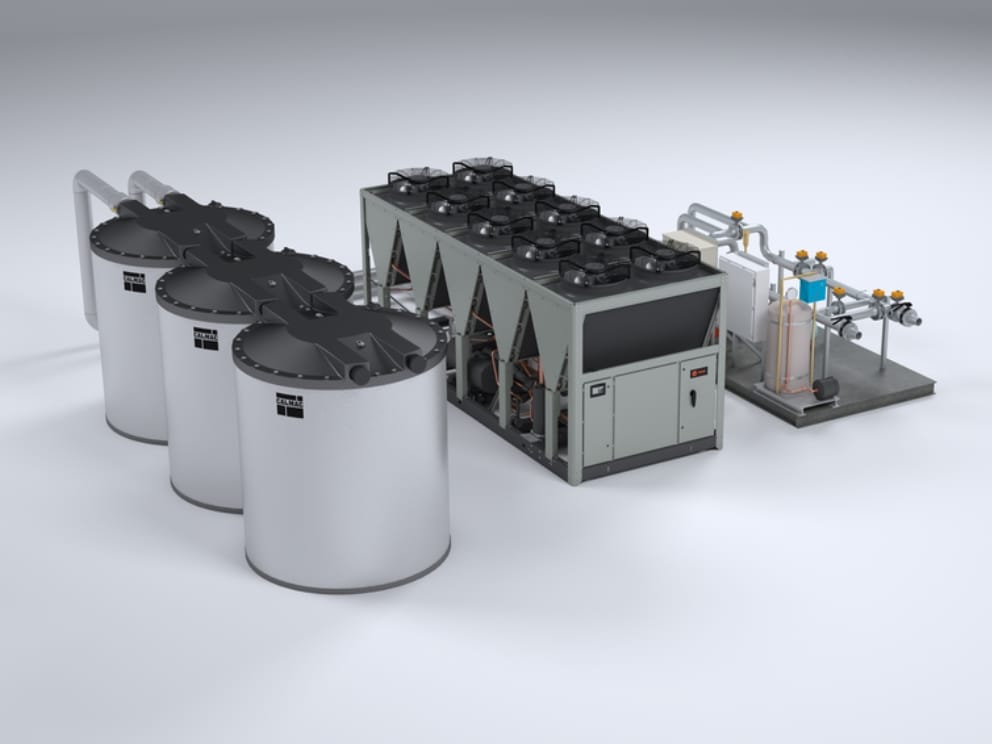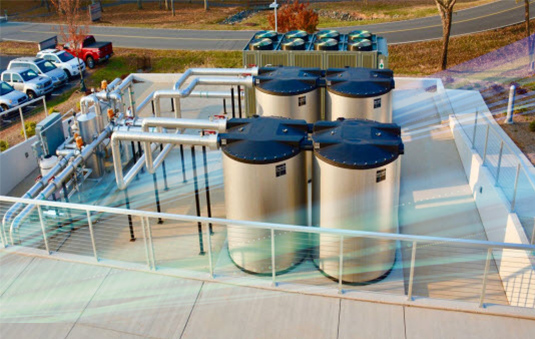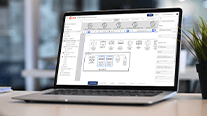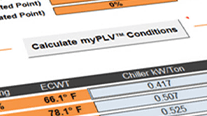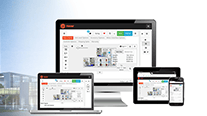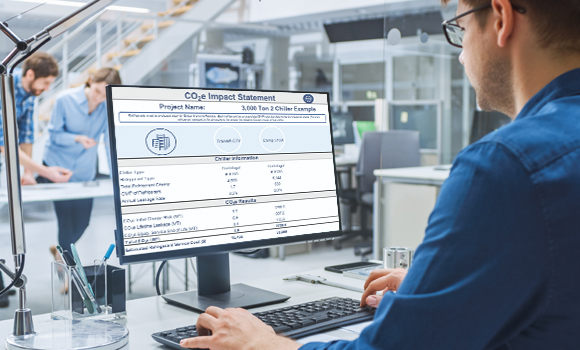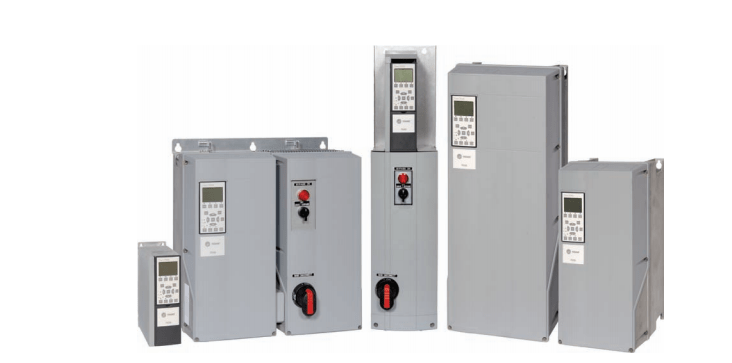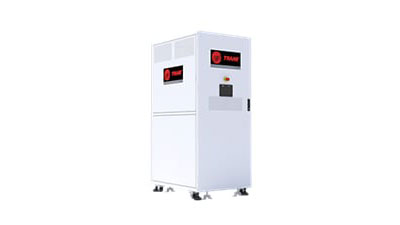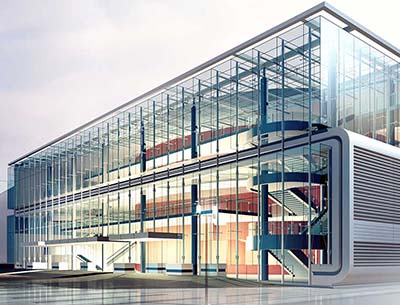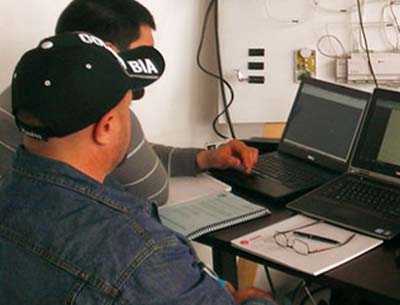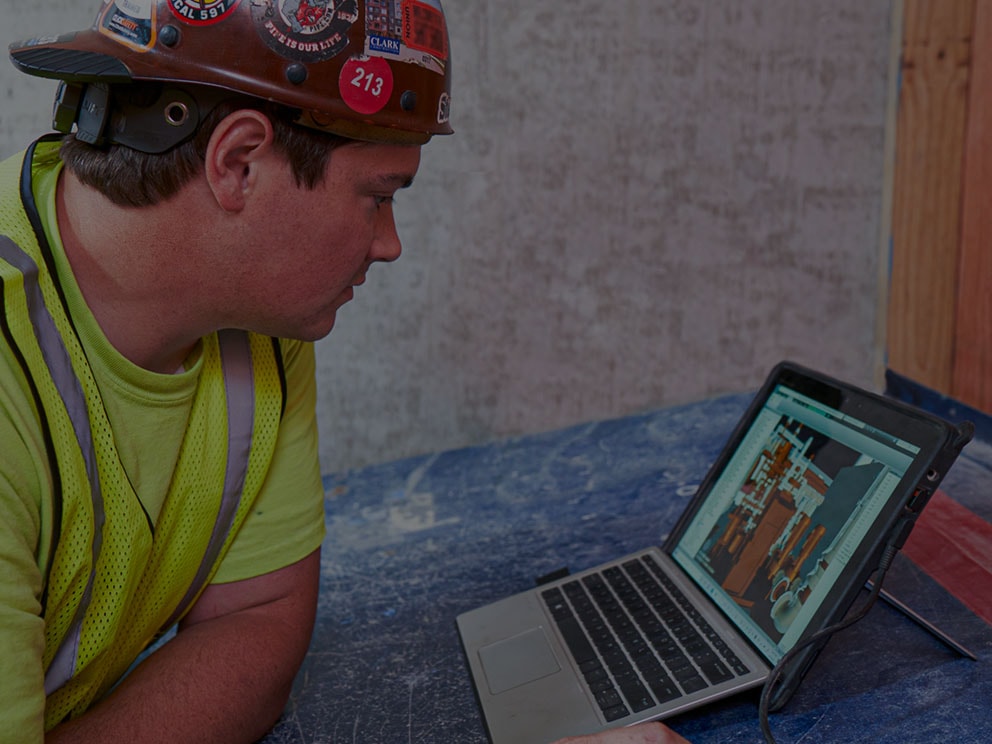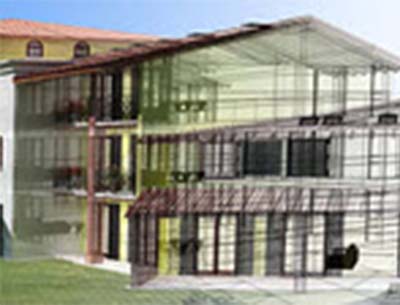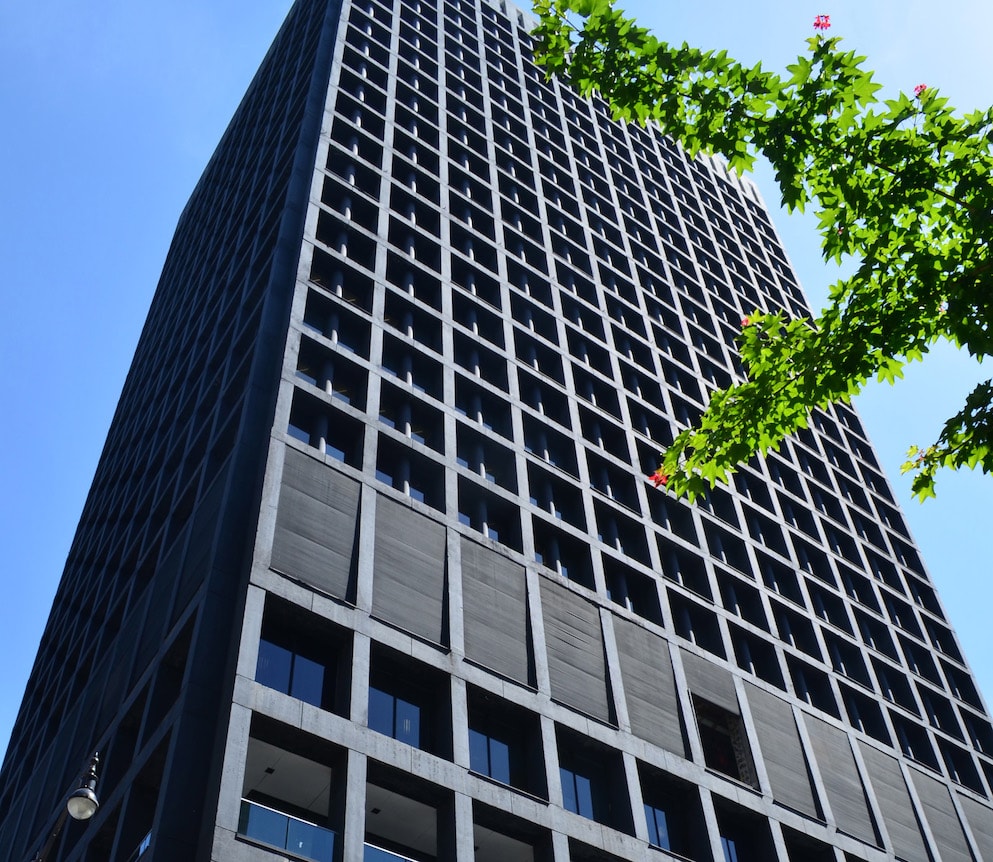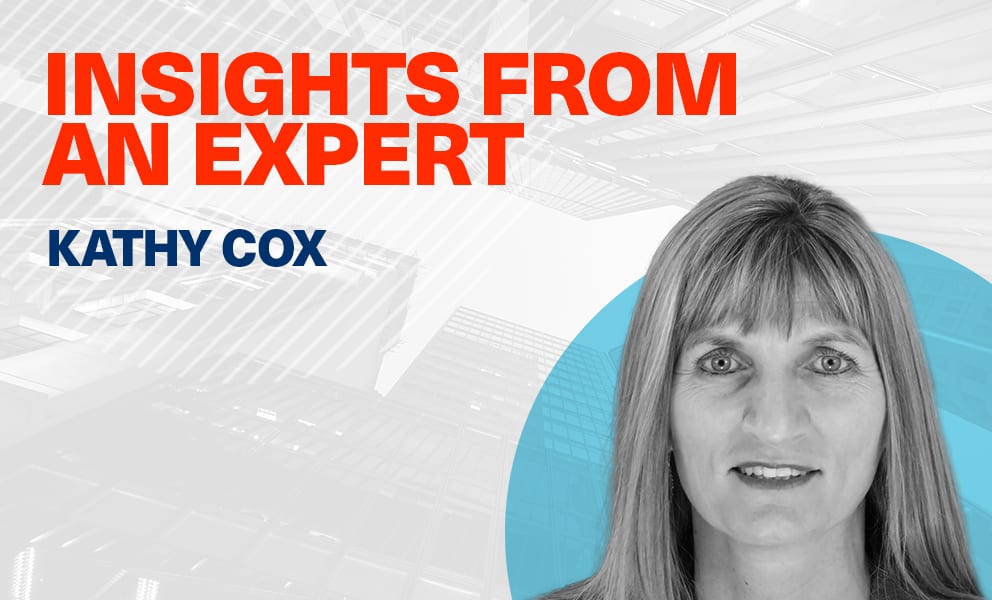
Q. From your perspective, what makes a good energy service partner?
A. First off, it’s important for a good energy services partner to listen. You need to listen to understand the customer’s needs. If we get in too much of a hurry, we don't take the time to understand our customers.
And listening may be deeper than what they are actually saying; it’s important to listen to nuances in their responses. Then, we use the resources that we have – the experts, the engineers, the project developers – to help our customers solve their problems.
It’s also important to be there – always. I have a philosophy: if my phone rings, I'm going to answer it. That’s because I never know what the situation may be. It may be that a chiller is down, or it may be that a customer needs a quick answer on how they’re going to do their funding. So, it is critical to always be there, listen, and bring our full resources to the table to assist.
Q. Can you provide an example of how you have partnered with a customer effectively?
A. We recently worked with a customer for whom it wasn’t to their benefit, energy-wise, to stop using a certain fuel source, but they felt it was the right thing to do. So, we analyzed what was possible. We went outside our comfort zone and worked with a provider and hired them to run a line for us. That’s very much outside of what we would typically do.
But it was the right thing for the customer, and the customer had not gone down that road before because they didn't feel comfortable having those conversations. So, we took it upon ourselves to say, “OK, we're the experts in this field, we see what can be done and what it means for the customer” – not only for the customer but for the community – and it worked out really well and they lowered their carbon emissions, which was their goal, and improved their operations. Even though they're spending a little more for energy, it was the right thing to do. We brought those resources to the table and did something they didn't see was achievable.
To help, I pulled in a project developer, two energy engineers, and a project manager to join my experienced team. The depth and breadth Trane offers make it easy to do that internally. There is no one person when it comes to our energy services team. It’s all about teamwork.
Q. You have described being a partner to the customer – what does a consultative approach with a customer look like?
A. We are able to serve as consultants to our customers because our services are so comprehensive –we can touch almost anything that has to do with facility infrastructure and in many cases, we are even the industry leader for specific solutions.
After they talk about the goals they want to achieve, I often relate to how we have helped someone else in a similar industry. Then, it becomes a broader conversation of – what else can we do, what can we do within this budget or with this funding, and if I don’t have the funding for this, how can you help me get it? Trane has so many resources to be able to help our customers and things they don’t know about like grant writing, for example. We know how to find money and where to find the money.
Then, it’s my job as their consultant to put everything together so that Trane is the ‘simple button’ for the customer. The goal for every single customer we meet is to be that trusted advisor, that trusted collaborator, so that if they have a question about anything – even unrelated to what we do… like touchless water foundations – that they’ll pick up the phone and ask us if we know about it.
We have energy engineers, project managers, project developers, site supervisors and so many people on our team available to answer their questions. Customers get excited when we’re able to say yes, we can do it and this is how we’d do it.
Q. How would you describe your offerings and where do you typically begin with a customer?
A. Comprehensive, in my opinion, is by far the best way to describe what we do, and it does not happen overnight. It usually is a 12 to 18-month cycle to truly understand the customer’s goals, objectives, where they are now with their energy efficiency and where they want to go, then putting that entire comprehensive project together. Our 12 to 18-month cycle is good for us to plan the best project, but it’s also good for the customer to plan their fiscal year.
Unless there’s an immediate need that we need to address, we start by making a list of all the things that will fit well with their building. Then, we help them manage how those solutions relate to each other. For instance, if you put in LED lighting, you lower the heat load, so you may need to add heat to the building. We always want to be advising our customers – here’s what we recommend for lighting, here’s what we recommend for HVAC, and here’s how they relate to each other.
Through the process, you get to know the customer, what drives them and what their mission is. The longer we can be with the customer and talk to them, the better our project is going to be and the more collaborative it will be. Collaboration makes for a very successful project. We work to be as in tune with our customers as we are with our own business.
Q. Where does the consultative process start?
A. Our process starts with key stakeholders, reviewing goals and timelines. We understand energy and carbon emission goals and how to meet their timeline. We benchmark where they are, and document what their infrastructure looks like, compared to ASHRAE standards. We understand where they are in the lifecycle of their equipment and their building.
So we gather data and analyze data. We also make sure to listen to the customer so that we understand their current energy use. We then help them identify a realistic energy reduction target, Whatever we are doing, we always try to add more value at each step of the process.
Q. Does this consultative process vary by vertical?
A. While we take a consultative for all verticals, we do have to flex to meet the needs of different vertical markets as well as those of private organizations vs. public vs. not-for-profits.
Because customer needs vary, sometimes we’ve completed certain work on the front end and then addressed broader energy efficiency questions on the back end because the customer had specific needs that needed immediate attention.
For example, hospitals have immediate needs because they can’t have any downtime whereas schools may want to do the work in the summer when buildings are empty.
Our approach also can vary based as much on the specific customer as on the vertical. Some customers have energy engineers or energy managers who are very knowledgeable and specific about what they want and how they want it done. In those cases, we basically take their great ideas and make them happen.
Other times, we’re the experts who are educating and planning. Many customers are understaffed and need both our expertise and skilled labor, so we are happy to provide that.
We can be the engineer, or we can provide the human effort. Some customers just want to make the best of use of taxpayer dollars but don’t know how to be more efficient and we solve that for them.
Trane is a strategic business of Trane Technologies, a global climate innovator. Trane Technologies brings bold thinking to our customers to advance the conversation on sustainability and achieve more through sustainable climate solutions for buildings, homes, and transportation. We're leading the way to a better future, and we boldly go.

About the author
Kathy Cox, Account Manager
Kathy Cox a Senior Comprehensive Energy Solutions Account Manager for Trane has 27 years of heating, ventilation, and air conditioning industry experience and has spent the last 10 years working for Trane. Kathy and her experienced team serve customers throughout Virginia and Tennessee. Trane recently recognized Kathy with three awards: the Southern Atlantic Region Champion Award Winner for Innovation for Trane Customers; the Top Salesperson for 2021 award for Comprehensive Solutions in North America; and the 2021 Sales Associate of the Year for her region as voted by her peers. Kathy is a graduate of Emory & Henry College with a Bachelor of Science/Bachelor of Arts degree in Management/Economics. She resides in Virginia, has two adult children, McCloud and Callee Frances, and has a very special chiweenie-breed dog named Rocket.




